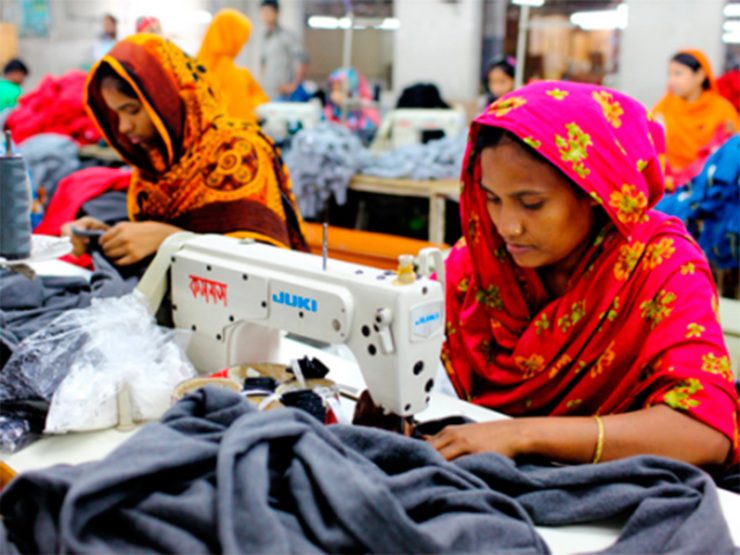SUMMARY
This is AI generated summarization, which may have errors. For context, always refer to the full article.

MANILA, Philippines – The absence of a local textile industry is preventing the Philippines from enjoying the expanded preferential treatment on exports to the European Union (EU).
The EU removed tariffs on strategic Philippines exports in December 2014, granting the country’s request for inclusion in the EU’s General System of Preferences Plus (GSP+).
Department of Trade and Industry Undersecretary Rafaelita Aldaba said EU GSP+ “is a gift to Filipino people,” but there are rules of origin for exports to enter duty-free.
She said the requirement is that garments should have 60% local content, which the Philippines cannot comply with because it imports its textiles.
This requirement could be waived by the EU as an incentive, Aldaba said.
Aldaba said the Philippines will apply for a relaxation of the rules to allow the country to temporarily export to the EU duty-free, while it is building its own textile industry.
Cost-prohibitive
Aldaba noted that costly power prevents companies from investing in the textile industry, which has driven garment makers to rely on imports for their raw materials, inputs, and accessories.
Aldaba said that now that JG Summit is operating a naphtha facility that could provide the synthetic raw materials for textile, “we hope we can make use of its products to help develop the [textile] industry.”
“The aspiration is for the integration like what Luenthai has done,” said Aldaba, referring to the multiple facilities of the Chinese firm Luenthai, which makes garments and bags for many American brands.
The undersecretary clarified that the country is not aiming to compete with mass-produced garments.
“Those are for Laos and Cambodia,” Aldaba said.
Bangladesh is also a contender, as its textile industry is a major foreign exchange earner and made the country the world’s leading ready-made garments (RMG) exporter, following China. In January, the Philippines and Bangladesh formed a business council, and the former is hopeful that with the renewed trade relations, particularly in the RMG and textiles, would be mutually beneficial for both countries in the long run.
Animal or vegetable fats and oils, prepared foodstuff, textiles and garments, footwear, headwear, umbrellas, and chemical products are among the product sectors that are most likely to benefit from the GSP+ scheme as well.
The GSP+ is also seen to help create over 200,000 new jobs in the agriculture and manufacturing sectors in its early years of implementation. – Rappler.com
Add a comment
How does this make you feel?
There are no comments yet. Add your comment to start the conversation.